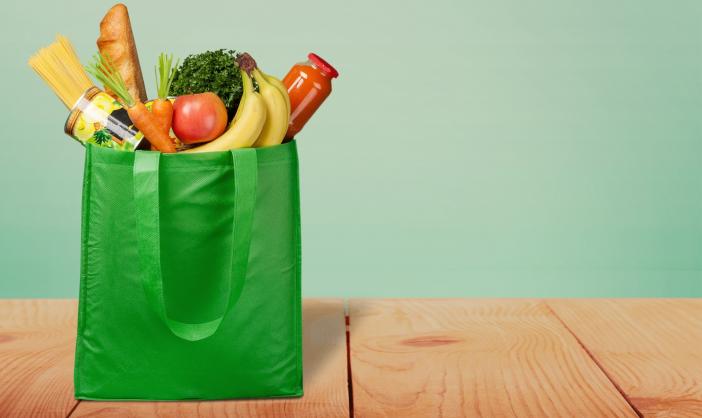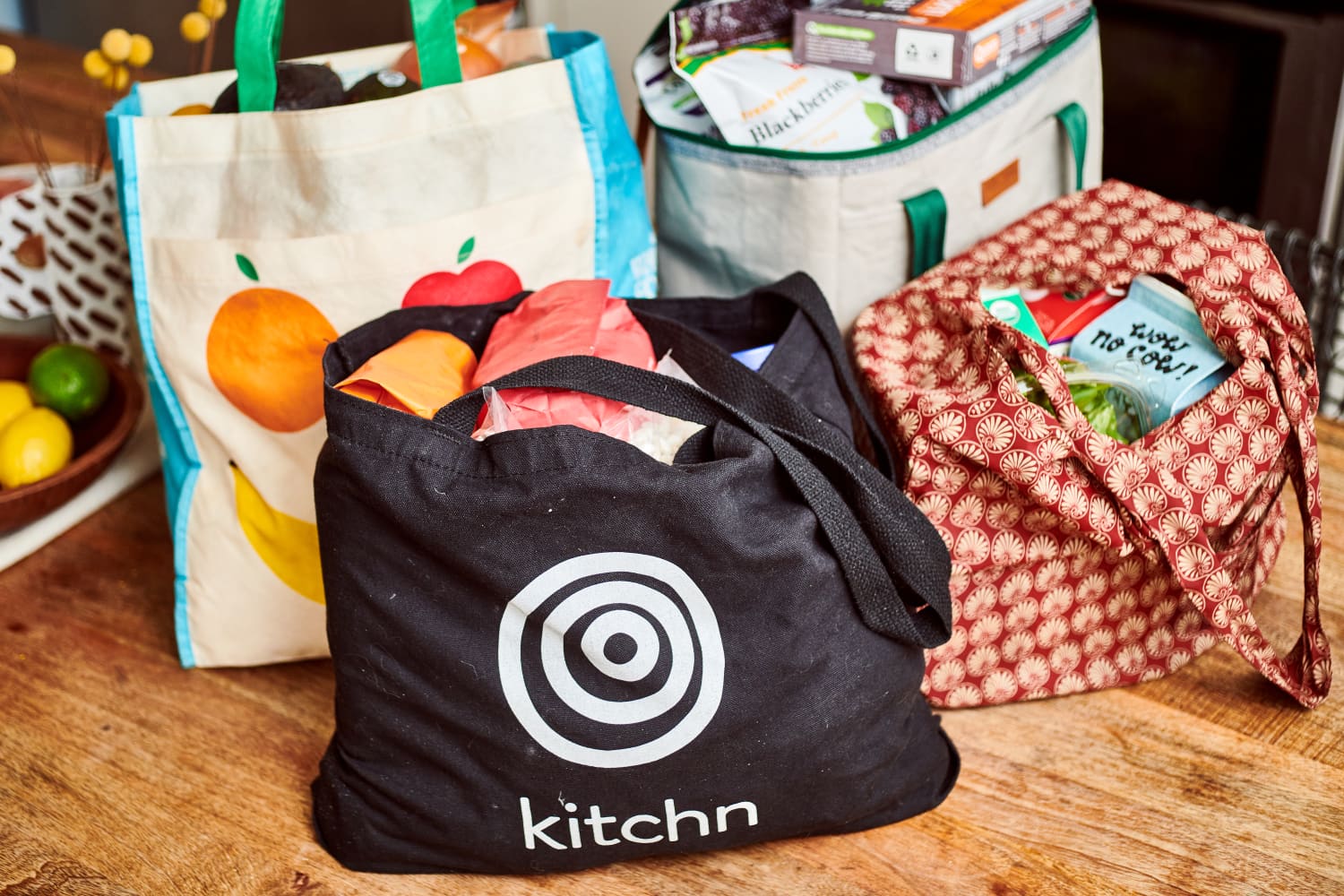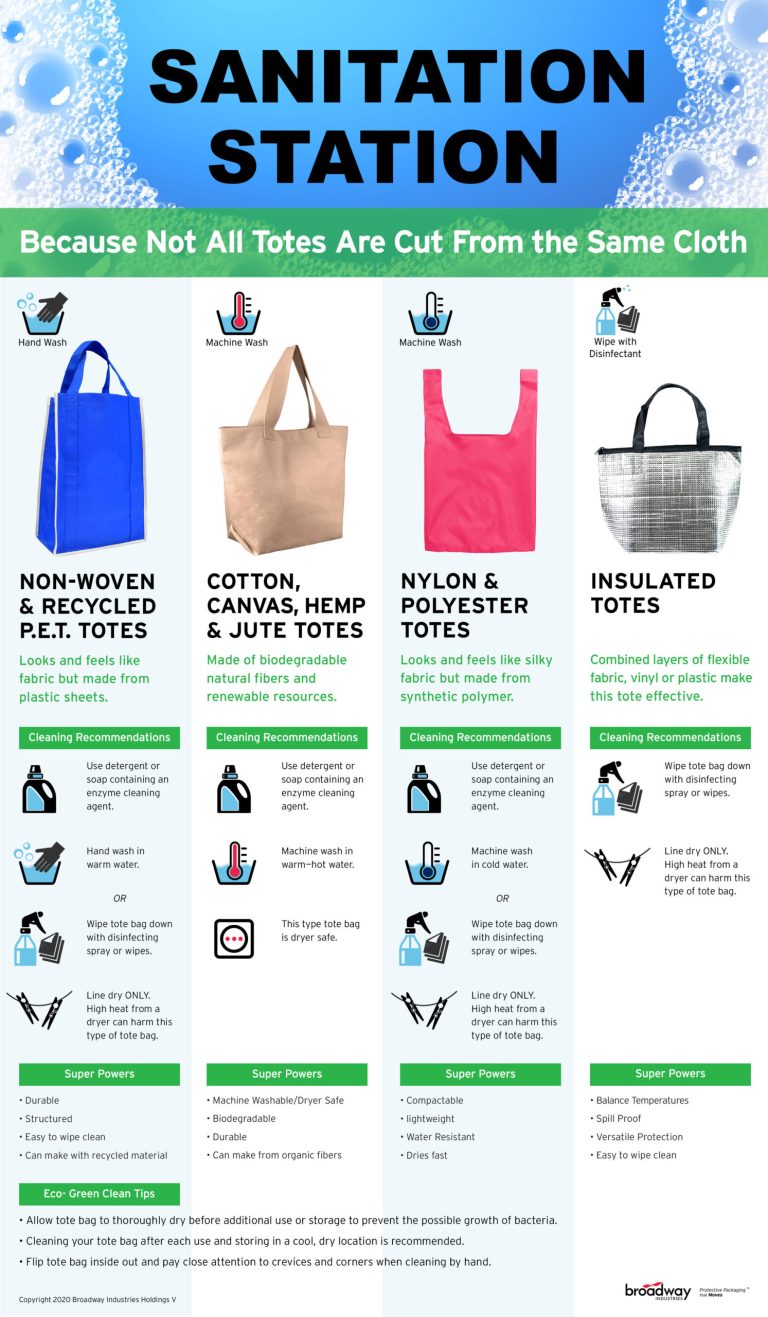Imagine this: You’ve just returned from the grocery store, bags brimming with fresh produce and pantry staples. But as you unpack, a question pops into your mind—how clean are your reusable grocery bags?
These eco-friendly carriers are your trusty companions, helping you save the planet one shopping trip at a time. However, they can also be a breeding ground for germs and bacteria if not properly cared for. You might not realize it, but over time, spills, crumbs, and even the occasional leak from a carton of milk can leave your bags less than pristine.
By learning how to clean your reusable grocery bags effectively, you ensure your groceries stay safe and fresh while prolonging the life of your bags. Curious about the best ways to keep your bags spotless and germ-free? Read on, and discover simple, practical steps that will transform how you think about your shopping essentials.
Types Of Reusable Grocery Bags
Cloth bags are strong and durable. They are often made from cotton or canvas. These bags can be washed in a washing machine. Use warm water and a mild detergent. Dry them in the sun to keep them fresh. Avoid using bleach as it can harm the fabric. Regular cleaning keeps cloth bags safe and ready for use.
Plastic bags are water-resistant. Clean them with a damp cloth and soapy water. Rinse well to remove all soap. Dry with a clean towel or air dry. Ensure they are completely dry before storing. This prevents mold and odors. These bags should be cleaned after each use.
Insulated bags keep food hot or cold. They need special care. Use a mild detergent and a soft sponge. Wipe the inside carefully to avoid damage. Rinse with a wet cloth and dry thoroughly. Do not immerse these bags in water. Always check for leftover crumbs and spills.

Credit: www.cleaninginstitute.org
Why Clean Reusable Grocery Bags
Germs love dirty bags. Food spills can create bacteria. This makes us sick. Cleaning keeps us safe. Clean bags mean healthy groceries. Wash them often. Stay healthy.
Bags last longer when clean. Dirt wears them out. Proper washing stops wear and tear. Clean bags save money. Strong bags carry more items. Keep them fresh and new.
Clean bags help the Earth. Reusable bags cut waste. Dirty bags get tossed. Clean ones are reused. Cleaning reduces trash. Save the planet. Clean bags make a difference.
Cleaning Cloth Bags
Use a mild detergent for cloth bags. Fill a basin with warm water. Add the detergent and mix well. Dip the bag in the water. Gently scrub the bag with your hands. Pay attention to any stains or spots. Rinse the bag with clean water. Make sure all the soap is gone.
Check the label of the bag first. Some bags are machine washable. Use a gentle cycle with cold water. Add a small amount of detergent. Avoid bleach as it can damage the bag. Place the bag in the washer. Ensure the bag is not too full. This helps it get clean.
Air drying is the best method. Hang the bag on a clothesline. Use indoor racks if it’s raining. Avoid using a dryer. High heat can shrink the bag. Make sure the bag is completely dry before storing it. This prevents mold and bad smells.
Cleaning Plastic Bags
Reusable grocery bags need regular cleaning to stay fresh and hygienic. Start by checking the care label for cleaning instructions. Hand-wash with warm soapy water, then rinse and air dry completely.
Wiping With Disinfectant
Use a soft cloth or sponge. Apply a small amount of disinfectant. Gently wipe the inside and outside of the bag. Pay special attention to corners and seams. These areas trap dirt and germs. After wiping, check if the bag is clean. Repeat if necessary. A clean bag keeps your food safe.
Rinse And Air Dry
Rinse the bag with warm water. Remove any soap and disinfectant. Make sure no residue remains. Hang the bag to air dry completely. Use a clothesline or a hook. Ensure good air circulation. This prevents mold and bad smells. A dry bag is ready for your next shopping trip.
Cleaning Insulated Bags
Insulated bags often get dirty spots. Use a damp cloth to clean. Rub gently on dirty areas. Mild soap helps remove stubborn stains. Always rinse the soap off. Avoid bleach; it can damage the fabric. Let the bag dry naturally. Never use a dryer. Dryers can shrink the bag. Spot cleaning keeps the bag fresh.
Deep cleaning is sometimes needed. Fill a basin with warm water. Add mild detergent. Soak the bag for a few minutes. Scrub gently using a soft brush. Focus on seams and corners. Rinse thoroughly to remove soap. Air dry the bag completely. Direct sunlight may fade colors. Turn the bag inside out for better drying. Deep cleaning keeps bags hygienic.

Credit: www.thekitchn.com
Maintaining Cleanliness
Reusable grocery bags can get dirty quickly. Wash them often to keep them clean. Check the label to see if they need hand washing. Use warm water and mild soap for washing. Dry them completely before storing. Cleaning helps keep germs away.
Keep bags in a cool, dry place. Avoid damp areas to stop mold. Fold them neatly to save space. Separate clean bags from dirty ones. Use designated hooks or shelves for easy access. Store bags in a way that allows air flow. This helps them stay fresh.
Common Mistakes To Avoid
Harsh chemicals can damage your reusable bags. They might make colors fade and weaken the fabric. Bags may also smell bad after using strong cleaners. Choose mild soap and warm water instead. It keeps your bags clean and safe.
Different bags need different care. Cotton bags need gentle washing. Nylon bags can handle more water. Read the label on your bag. It tells you how to clean it. This way, your bag will last longer.

Credit: www.onegoodthingbyjillee.com
Frequently Asked Questions
How To Clean A Reusable Grocery Bag?
Wash reusable grocery bags with mild detergent in warm water. Rinse thoroughly and air dry completely. For machine-washable bags, use a gentle cycle. Spot clean non-washable bags with a damp cloth. Regular cleaning prevents bacteria buildup and ensures hygiene.
How Sanitary Are Reusable Grocery Bags?
Reusable grocery bags can harbor bacteria if not cleaned regularly. Wash them frequently to maintain hygiene. Use separate bags for raw meats and vegetables. Check labels for cleaning instructions. Reusable bags are generally safe when properly maintained. Keep them dry to prevent mold and ensure safe food transportation.
Can You Wash Reusable Produce Bags?
Yes, you can wash reusable produce bags. Use mild detergent and cold water. Hand wash or machine wash gently. Avoid bleach. Dry them naturally or tumble dry on low heat. Regular cleaning keeps them hygienic and prolongs their lifespan. Always check the care label for specific instructions.
What Is The Best Way To Clean And Reuse Ziploc Bags?
Wash Ziploc bags with warm soapy water. Rinse thoroughly and dry completely before reuse. Avoid high heat or harsh scrubbing. Inspect for any damage before reusing. Store them flat to save space.
Conclusion
Keeping reusable grocery bags clean is simple and important. Regular cleaning helps prevent germs and odors. Use warm water and mild soap. Air dry completely. This keeps bags fresh and safe. Different materials need different care. So, read labels for instructions.
Consistent cleaning extends their lifespan. It also protects your groceries. Clean bags make shopping healthier and more enjoyable. Remember, a little effort goes a long way. Happy shopping with your clean bags!


